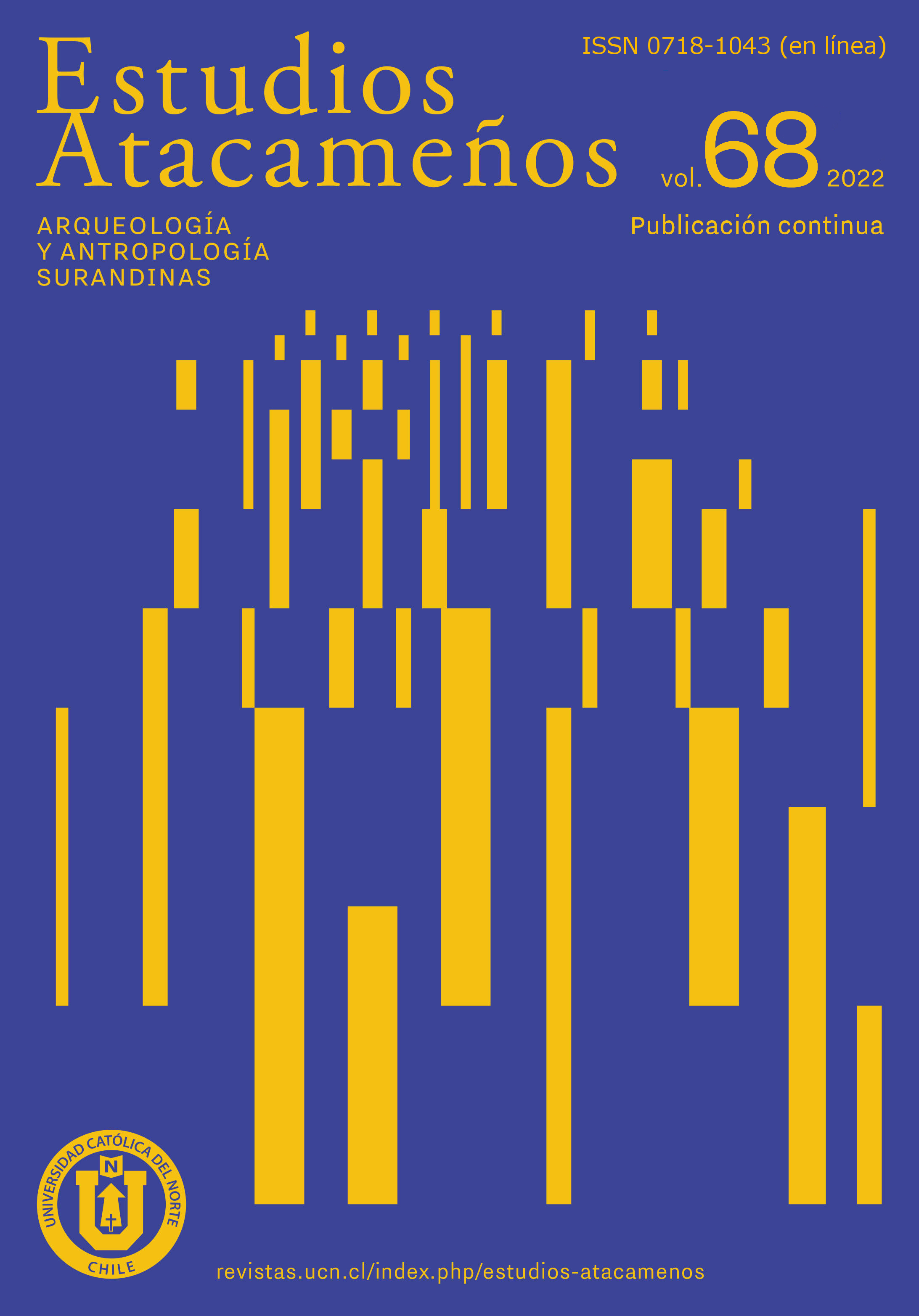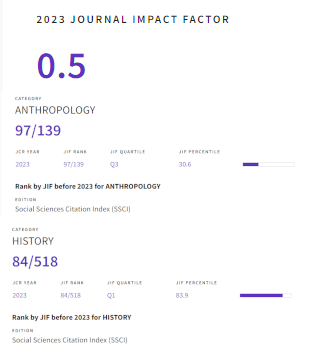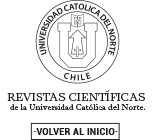Ethnicity and school choice (or school avoidance) on Easter Island
DOI:
https://doi.org/10.22199/issn.0718-1043-2022-0011Keywords:
Rapanui people, ethnic school, school choiceAbstract
This article analyzes the reasons mothers on Easter Island enroll their children in one of the three elementary schools on the island. Even though the public school offers a curriculum closer to the Rapanui language and culture than the other two subsidized private schools, a significant number of Rapanui families choose the latter two schools, which almost all non-local (continental) families also attend. Ethnicity (Rapanui and continental families) is a priority aspect for data collection and analysis in this study. After interviewing 30 mothers from both ethnic groups, including mothers of mixed families, researchers concluded that ethnicity discourse (we/they) are present in decisions to choose or avoid a school. This discourse intermingles with other social representations of the family and children’s future in a globalized world.
Downloads
References
Antweiler, C. (Ed.). (2015). Ethnicity from an anthropological perspective. En University of Cologne Forum, Ethnicity as a political resource. Conceptualizations across Disciplines, Regions, and Periods (pp. 25-38). Bielefeld: Transcript Verlag.
Apple, M. (2002). Educar “como Dios manda”. Mercados, niveles, religión y desigualdad. Barcelona: Paidós Ibérica.
Ball, S. y Vincent, C. (1998). ‘I Heard It on the Grapevine’: ‘hot’ knowledge and school choice. British Journal of Sociology of Education, 19(3), 377-400.
Barth, F. (Comp.). (1976). Los grupos étnicos y sus fronteras. La organización social de las diferencias culturales. Ciudad de México: Fondo de Cultura Económica.
Becker, A. K. (Ed.). (2015). Introduction: Ethnicity as a political resource viewed by scholars from different academic disciplines. En University of Cologne Forum, Ethnicity as a political resource. Conceptualizations across Disciplines, Regions, and Periods (pp. 11-24). Bielefeld: Transcript Verlag.
Beckert, J. y Musselin, C. (2013). Constructing Quality. The Classification of Goods in Markets. Oxford: Oxford University Press.
Bellei, C. (2015). El gran experimento: Mercado y privatización de la educación chilena. Santiago: LOM Ediciones.
Bengoa, J. (2000). La emergencia indígena en América Latina. Santiago: Fondo de Cultura Económica.
Brunar, N. y Ambrose, A. (2016). Schools, choice and reputation: Local school markets and the distribution of symbolic capital in segregated cities. Research in Comparative and International Education, 11(1), 34-51.
Canales, M., Bellei, C. y Orellana, V. (2016). ¿Por qué elegir una escuela privada subvencionada? Sectores medios emergentes y elección de escuela en un sistema de mercado. Estudios pedagógicos, 42(3), 89-109.
Colegio Lorenzo Baeza Vega. (2012). Programa de inmersión y evaluación diagnóstica y de seguimiento SLI. Rapa Nui.
Comisión Verdad Histórica y Nuevo Trato con los Pueblos Indígenas. (2008). Informe de la Comisión Verdad Histórica y Nuevo Trato con los Pueblos Indígenas. Recuperado de: https://bibliotecadigital.indh.cl/bitstream/handle/123456789/268/nuevo-trato-indigena.pdf?sequence=1&isAllowed=y
Corvalán, J. (2014). De escuela evangelizadora colonial a sistema educativo competitivo y segmentado en Isla de Pascua. Chungara Revista de Antropología Chilena, 46(4), 681-692.
Corvalán, J. (2015). Educación en Rapa Nui. Sociedad y escolarización en Isla de Pascua (1914-2014), Santiago: Ediciones Universidad Alberto Hurtado.
Corvalán, J. y Joiko, S. (2017). La Lengua Rapa Nui en Estudiantes de Educación Media. Niveles de dominio autorreportados de acuerdo a variables escolares y étnicas. En E. Treviño, L. Morawietz, C. Villalobos y E. Villalobos. (Eds.), Educación Intercultural en Chile. Experiencias, pueblos y territorios (pp. 193-217). Santiago: Ediciones UC.
Delsing, R. (2018). Articulando Rapa Nui. Políticas culturales polinésicas frente al Estado chileno. Santiago: LOM Ediciones.
Dockett, S. y Perry, B. (2017). Primary school choice and the ‘Good’ Mother: Balancing complex support needs and responsibility. En S. Dockett, W. Griebel y B. Perry. (Eds.), Families and Transition to School. International Perspectives on Early Childhood Education and Development (pp. 85-100). Cham: Springer.
Dubet, F. (2004). ¿Mutaciones institucionales y/o neoliberalismo? En E. Tenti. (Ed.), Gobernabilidad de los sistemas educativos en América Latina (pp. 15-44). Buenos Aires: IIPE-UNESCO.
Durkheim, E. (1967). De la division du travail social. Paris: Les Presses universitaires de France.
Friedman, M. (1955). The Role of Government in Education. En R. Solo. (Ed.), Economics and the Public Interest (pp. 123-144). New Jersey: Rutgers University Press.
Golden D. y Erdreich L. (2014). Mothering and the work of educational care. An integrative approach. British Journal of Education, 35(2), 263-277.
Hastings, A. (2000). La construcción de las nacionalidades. Madrid: Cambridge University Press.
Haoa, V, Torres, P y Zurob, C. (2017). Educación, pueblos indígenas e interculturalidad desde Chile/ Ka ma’a Te mau o te kaina. En E. Treviño, L. Morawietz, C. Villalobos y E. Villalobos. Educación intercultural en Chile. Experiencias. Pueblos y territorios (pp. 219-257). Santiago: Ediciones UC.
Huircán, M. (2010). Desarrollo de la educación intercultural bilingüe en Chile. En D. Quilaqueo, C.A. Fernández y S. Quintroqueo (Eds.), Interculturalidad en contexto mapuche (pp. 19-40). Neuquén: Universidad Nacional del Comahue.
Kosunen, S., Carrasco, A. y Tironi, M. (2015). The Role of Hot Knowledge in the choice of schools in chilean and finnish cities. En P. Seppänen, A. Carrasco, M. Kalalahti, R. Rinne y H. Simmola. (Eds.), Contrasting Dynamics in Education Politics of Extremes: School choice in Chile and Finland (pp. 139-157). Rotterdam: Sense Publishers.
Laclau, E. (1996). Emancipación y diferencia. Buenos Aires: Ariel.
Luna Figueroa, L., Bolomey Córdova, C. y Caniguan Velarde, N. (2018). Educación mapuche en el Chile neoliberal: análisis de tres escuelas de la región de La Araucanía. Sinéctica, 50.
Malešević, S. (2004). The Sociology of Ethnicity. London: Sage Publications.
Makihara, M. (2005). Being Rapa Nui, speaking Spanish: Children’s voices on Easter Island. Anthropological Theory, 5(2), 117-134.
Maulini, O. y Perrenoud, P. (2005). La forme scolaire de l’éducation de base: tensions internes et évolutions. En O. Maulini y C. Montandon. (Eds.), Les formes de l’éducation: variété et variations (pp. 147-168). Bruxelles: De Boeck.
MINEDUC, UNESCO, Academia de la Lengua Rapa Nui (s.f). Informe final. Encuesta sociolingüística Rapa Nui, Santiago: Ministerio de Educación.
Moreno Pakarati, C. y Zurob, C. (2012). Los rapanui y sus relaciones interculturales. En J. Durston (Coord.). Pueblos originarios y sociedad nacional en Chile. La interculturalidad en las prácticas sociales (pp. 26-48). Santiago: PNUD.
Organización de las Naciones Unidas para la Educación, la Ciencia y la Cultura, Ministerio de Educación de Chile e Ilustre Municipalidad de Isla de Pascua. (2001). Aldea Educativa Plan Maestro. Recuperado de: https://unesdoc.unesco.org/ark:/48223/pf0000158668_spa?posInSet=1&queryId=1bf3dee1-896d-440f-adc9-bba568b1b92e
Poh Chua Siah, Sook Beng Christina Ong, Swee Mee Tan, Chzia Poaw Sim y Raphael Yi Xian Thoo. (2018). Factors affecting school choice: What do Malaysian Chinese parents want? Journal of School Choice, 12, 34-51.
Román, M. y Corvalán, J. (2016). “Dicen que esta escuela es mala, pero nosotros la encontramos buena”. Elección de escuela en familias pobres en Chile. En J. Corvalán, A. Carrasco y J. E. García-Huidobro (Eds.), Mercado escolar y oportunidad educacional. Libertad, diversidad y desigualdad (pp. 209-231). Santiago: Ediciones UC.
Santos, H. y Elacqua, G. (2016). Segregación socioeconómica escolar en Chile: elección de la escuela por los padres y un análisis contrafactual teórico. Revista CEPAL, 119, 133-148.
Southwell, M. (2016). The curriculum in tension. A discussion of universalism and particularism. Transnational Curriculum Inquiry, 13(1), 24-35.
Su-Hie Ting, Diana Phooi-Yan Lee. (2019). Determinants of Primary School Choice in Malaysia: School Proximity and Ethnicity-Related Reasons. Journal of School Choice, 13, 228-254.
Van Zanten, A. (2016). Un buen calce: Evaluación del valor y estimación de la calidad en la opción del establecimiento educacional. En J. Corvalán, A. Carrasco y J. E. García-Huidobro (Eds.), Mercado escolar y oportunidad educacional. Libertad, diversidad y desigualdad (pp. 375-411). Santiago: Ediciones UC.
Watson, S., Hughes, D., Lauder, H., Strathdee, R. y Simuyu, I. (1997). Ethnicity and school choice. New Zealand Annual Review of Education, 7, 95-110.
Webb, A. y Radcliffe, S. (2013). Mapuche Demands during Educational Reform, the Penguin Revolution and the Chilean Winter of Discontent. Studies in Ethnicity and Nationalism, (13)3, 319-341.
Weber, M. (2002). Economía y sociedad. Madrid: Fondo de Cultura Económica.
Wimmer, A. (2008). The Making and Unmaking of Ethnic Boundaries: A Multilevel Process Theory. American Journal of Sociology, 113(4), 970-1022.
Downloads
Published
Issue
Section
License
Copyright (c) 2022 Javier Corvalán Rodríguez

This work is licensed under a Creative Commons Attribution 4.0 International License.

All works published in Revista Estudios Atacameños (ISSN on line:0718-1043) Revista Estudios Atacameños Creative Commons International 4.0 attribution (CC BY 4.0) licence.
Authors remain the owners of their work and may republish their articles elsewhere without having to request permission, as long as they indicate that the work was originally published in Revista Estudios Atacameños (ISSN on liine:0718-1043).












